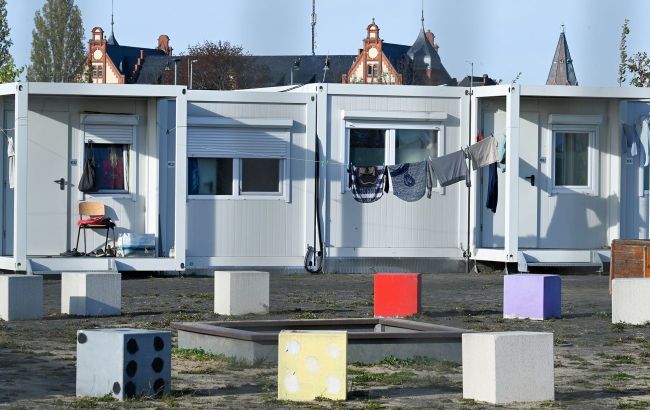UK government plans tougher immigration rules
 UK government preparing to tighten migration rules (Illustrative photo: Getty Images)
UK government preparing to tighten migration rules (Illustrative photo: Getty Images)
The UK is preparing to review the rules for permanent residency for migrants. Authorities are discussing stricter criteria and new requirements for those wishing to live in the country, according to Reuters.
The UK government is considering changes to the process for obtaining indefinite leave to remain, aiming to strengthen control over who can stay in the country permanently.
Currently, most foreigners can apply after five years of residence in the UK. Under the new plan, only those with a clean record, who pay social contributions, and do not claim public benefits would be eligible for this status.
Additional requirements for applicants
According to Home Secretary Shabana Mahmood, the government is considering introducing further criteria. These include a high level of English proficiency and verified volunteer experience in local communities. Officials emphasize that these changes are intended to demonstrate migrants’ tangible contribution to the life of the country.
Political context
The initiative comes in response to the rising popularity of the Reform UK party, which promotes a strict anti-immigration agenda. This has pressured Prime Minister Keir Starmer’s Labour Party to adopt a tougher stance on immigration. Last week, Reform UK representatives announced plans to replace indefinite leave to remain with a five-year visa that can be extended.
Reaction and potential consequences
Keir Starmer sharply criticized the proposals, calling them a racist policy that threatens to divide the country. Consultations on updating the rules for indefinite leave to remain are expected to begin later this year. Officials stress that reforming the migration system is necessary, as controlling the number of foreigners remains a priority for British society.
Since the Brexit referendum, migration has remained a central issue on the UK political agenda, with statistics showing record levels of net migration even after Brexit.
For context, Ukraine may see around 200,000 people leaving the country annually over the next two years, with the gradual return of migrants not expected before 2027. In Germany, the number of Ukrainian refugees who are officially employed and contribute to the social insurance system has risen to nearly 272,000 - an increase of 80,000 compared to last year.

